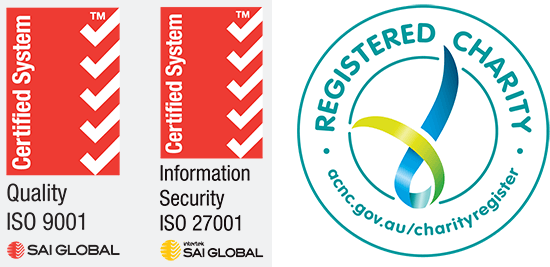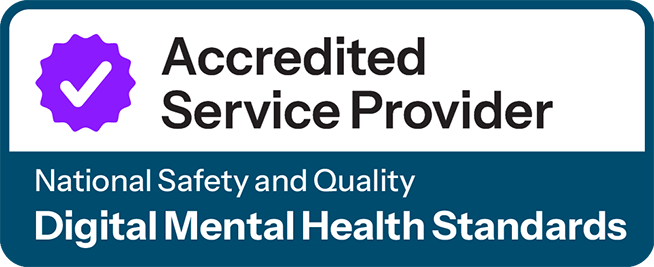Early interventions for healthy ageing
30 June 2023 – 30 June 2025
$3,500,000 (ex. GST)
Brimbank
Hobsons Bay
Hume
Maribyrnong
Melbourne
Merri-bek
Wyndham
Overview
The Australian Government Department of Health and Aged Care funds North Western Melbourne Primary Health Network to support older people to live at home for as long as possible. This is achieved through commissioning early intervention activities and models of care for chronic disease management to support healthy ageing and reduce pressure on hospitals, aged care and other health services.
Through its Early interventions for healthy ageing (EIHA) program, NWMPHN commissioned 10 general practices to develop and implement models of care that aim to:
- identify and engage people aged at least 50 (or Aboriginal and Torres Strait Islander adults aged at least 35) who are at risk of or have one or more chronic conditions.
- provide a proactive and prevention-focused model of multidisciplinary care for these patients, to promote healthy ageing at no cost to patients
- examine how flexible block funding can complement Medicare Benefits Schedule (MBS) fee-for-service funding, to enable this model.
Phase 2 of the program will launch in October 2025.
Outcomes
The project aimed to support older people to live at home longer by helping them stay well and connected in the community. Intended outcomes include:
- timely detection and intervention to improve the physical and mental health needs of people at risk of or living with chronic conditions
- better self-management by patients with chronic conditions
- improved integration of care to reduce unplanned hospital presentations and admissions of people with chronic conditions.
Reporting from the 2024–25 financial year shows that:
- The program reached over 16,000 people, with more than one-third coming from priority groups who often face barriers to care.
- 90 per cent of patients said they were happy with their experience and felt they received high-quality care.
- 72 per cent of patients said their quality of life stayed the same or improved by the end of the program
- Commissioned providers worked with community organisations like local councils, Launch Housing, Men’s Shed, The Living Room, Orange Door, Ozanam House and the Salvation Army to help people access support and get referrals to services that met their social needs.
This program was evaluated as part of ongoing primary care reform. The evaluation report highlights:
- Overall, the EIHA program had a positive impact on patients.
- The program reached people who often miss out on the care they need.
- Spending more time with patients through this program helped clinicians and patients build trust and stronger relationships.
- Health checks and care plans were more personalised, which helped people get care that suited their needs.
- Care coordination addressed gaps in the management of patients and increased accountability.
- Group sessions gave people a chance to connect with others, feel supported, and reduce feelings of isolation or stigma.
“The program has given me confidence to do something for my health, and it makes me happy to see improvements.” – Patient
“The program has allowed us to deliver interventions that are otherwise inadequately paid for by Medicare.” – Program staff member
“It refocuses the direction towards what the patient wants to deal with, while also not ignoring the aspects of ageing.” – General practice staff member
Page updated: 29 July 2025.













